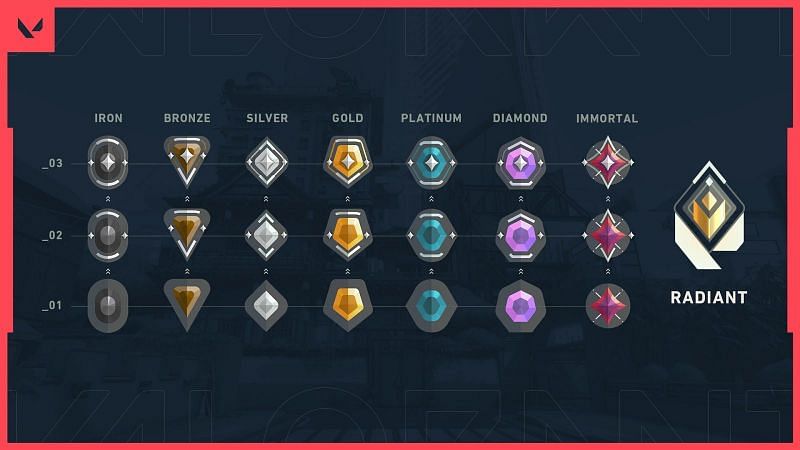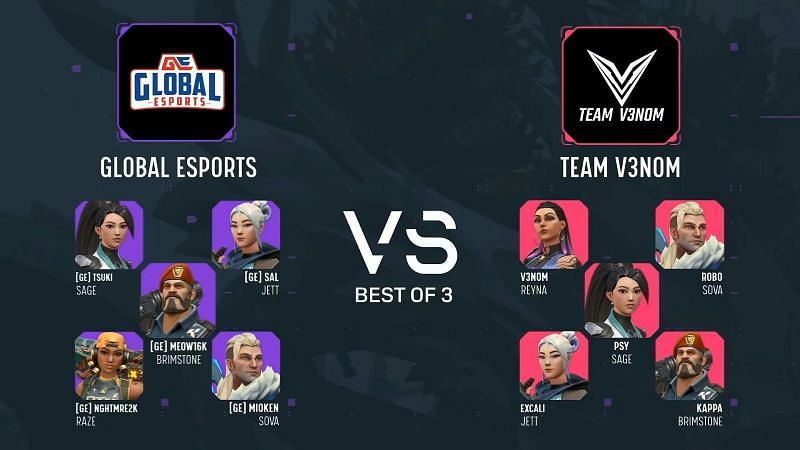

Throughout the process of escalating penalties, they’ll have multiple explanations of why we took action, and what behavior they need to change.in case they come crying.

In other words, if you’re a player who rarely or never goes AFK, then your AFK rating will be good, which means that if you do happen to accidentally AFK in a game, you won’t be punished severely (for example, you’d receive a warning message).Ĭonversely, if a player rage quits every other game, they’ll quickly find themselves going from receiving a warning, to XP denials, to queue restrictions, and eventually banned from playing the game as their rating tanks. The more a player commits AFKs, the lower their rating becomes, and the harsher their punishment will be on a future violation. To accomplish this, we created an AFK “rating” per player that tracks their AFK behavior across all of their games played.
#Fragger meaning valorant serial#
When a new behavior or method of detection is identified, it is very easy to look for it in our system (and take action when we find certain behaviors).įinally, we wanted to make sure punishments for AFK were fair (forgiving for people who AFK on a rare occasion, but severe for serial leavers). What we can say, however, is that our focus was to make the detection process heavily scalable. We can’t get into specific detail about those trackers (since revealing how we detect AFKs would make it easier for bad actors to bypass those rules). To address these situations, we set trackers to look for specific behaviors and metrics in-game that we can then tie to AFKs. These are often the worst to deal with-they intentionally look to ruin the experience of everyone, especially teammates. Specifically, we didn’t yet cover the potentially more malicious AFKs: people who intentionally do not participate in the game, but stay “active” in the game so as to not get disconnected. This covers most AFKs (from internet going down, to rage-quitting, to cats), but it left us room to improve. The simplest version of this system (which is what we started with) was to look for people who had either disconnected from the game, or stayed completely inactive for a prolonged period of time. March this year was our first foray into a system to find AFKs.

Without these benchmarks, it would be hard for us to know whether our work actually made a difference, or if you’re still encountering the same amount of AFKs.
#Fragger meaning valorant series#
Learn more about the series in our intro. EDITOR’S NOTE: This article is a part of a series of deep dives on topics in Gameplay Systems, specifically the Competitive/Social & Player Dynamics space of VALORANT.


 0 kommentar(er)
0 kommentar(er)
